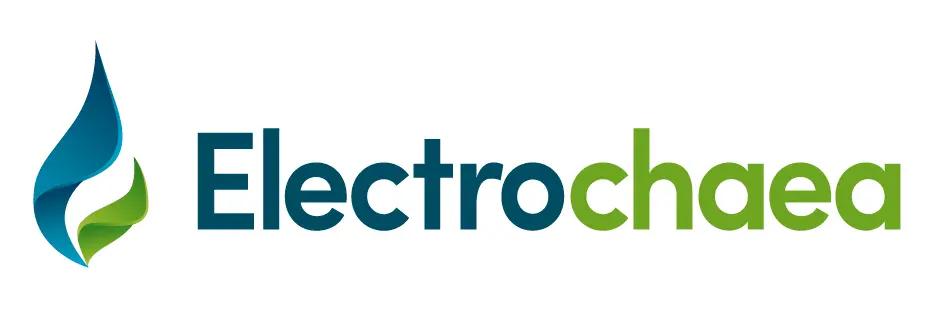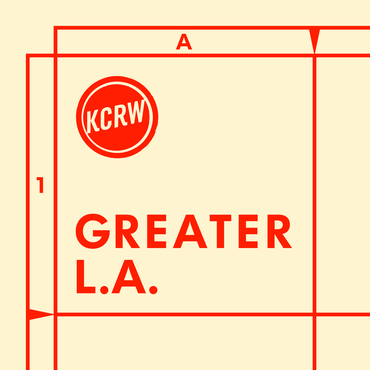Posts Tagged ‘methane’
Denmark Awards $10 million to Electrochaea for e-Methane Production
Earlier this month the Danish Energy Agency awarded 9.5 million euros to Biocat Roslev ApS, a company owned by Electrochaea, to combine the CO2 captured from biogas production with hydrogen produced from water and wind power to generate e-methane. The project will use Electrochaea’s patented bio-methanation technology and will inject the e-methane into the Danish…
Read MoreMainspring to Install Linear Generator at Napa Sanitation District
Mainspring’s linear generator, a noncombustion technology, will convert wastewater biogas to renewable power at the Napa Sanitation District. Mainspring has signed an agreement for the construction and installation of a new Mainspring linear generator that will run on biofuel produced at NapaSan’s wastewater treatment plant, providing renewable energy to power the plant while also reducing…
Read MoreWATCH: Bloom Energy Converts Dairy Biogas into Renewable Power
Bloom Energy is partnering with CalBio to convert dairy manure to carbon negative power. This video highlights the Bloom/CalBio project at Bar20 Dairy Farms in Kerman, California, a third generation, family owned farm that was established in the 1950s. Bar20 has set a goal of using 100 percent renewable power to protect air quality in…
Read MoreRichmond City Council Approves Raven SR Organic Waste to Hydrogen Project
On May 16, the Richmond City Council voted unanimously to approve development of Raven SR‘s project to convert diverted organic waste and landfill gas to carbon negative hydrogen that will be used to fuel heavy duty trucks in place of diesel. The project, which will be online in 2024, will provide enormous benefits for air…
Read MoreAir Board Adopts 2022 Climate Change Scoping Plan
The California Air Resources Board adopted California’s 2022 Climate Change Scoping Plan in December. The Scoping Plan is California’s blueprint for achieving its climate goals. The 2022 Plan includes several new areas of focus, including a strategy to achieve carbon neutrality, how to reduce carbon emissions and increase sequestration on natural and working lands, carbon…
Read MoreCalifornia awards $18.7 million to CalBio and Maas Energy to Reduce Dairy Methane
The California Department of Food and Agriculture just awarded $18.7 million dollars to BAC members California Bioenergy and Maas Energy for a total of 14 new dairy digesters in California. Together, these 14 projects will cut greenhouse gas emissions by almost 2 million metric tons over the next 10 years. Even more importantly for the…
Read MoreLISTEN: NPR Story on Landfill Gas to Power in Los Angeles
KCRW – NPR’s affiliate in Los Angeles – aired this piece on the City of Glendale’s landfill gas to electricity project, which will produce enough renewable electricity to power 4,000 homes while cutting emissions of methane, a climate super pollutant. BAC’s Executive Director, Julia Levin, is quoted extensively in the story, highlighting the urgency of…
Read MoreCPUC Adopts Biomethane Procurement Program
CPUC Adopts Biomethane Procurement Program to Reduce Short-Lived Climate Pollutants The California Public Utilities Commission voted unanimously to adopt a biomethane procurement program to help the state meet its Short-Lived Climate Pollutant reduction requirements. The program requires California’s gas utilities to procure 73 billion cubic feet of biomethane – about 12 percent of residential and…
Read More




